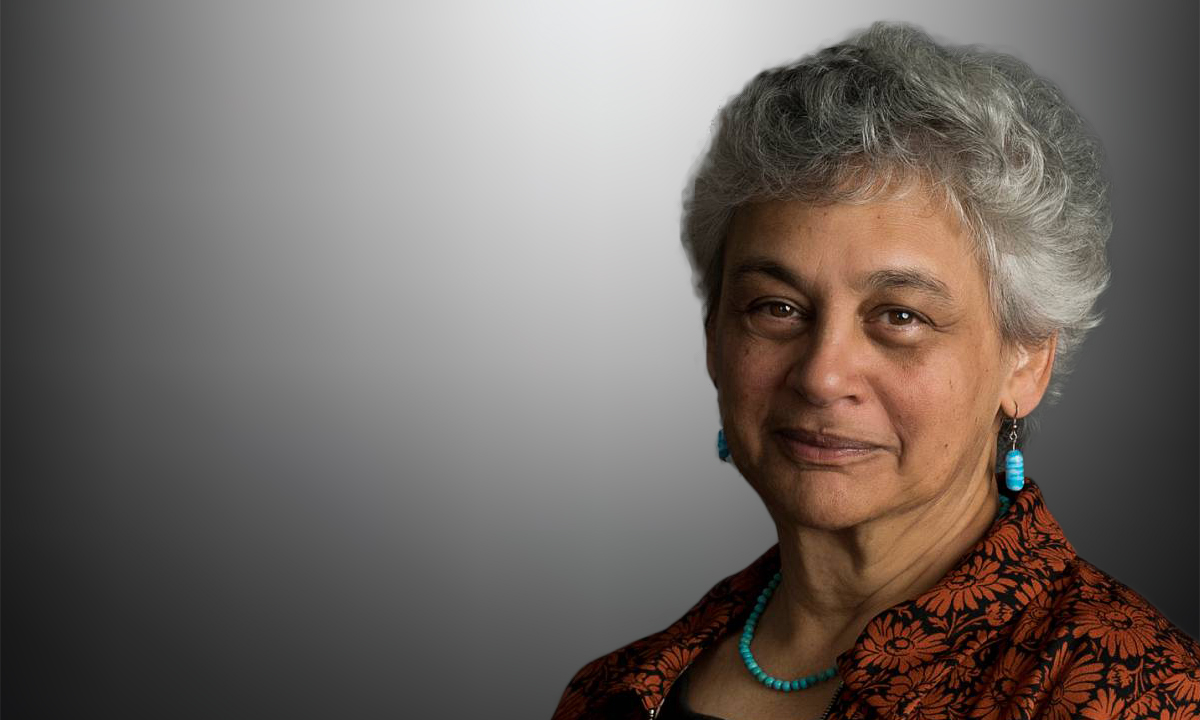“If we are not put on this world to help others, then what else is there?”
Faith Bandler
A HUGE majority of Australians – 90.77%, in fact – voted “yes” to the 1967 referendum to change the Australian Constitution, removing two references that discriminated against Indigenous people. It signalled that Australians thought this was important.
But how does that relate to health? I think there are three things to take from this.
First, the 1967 vote did not change the world. It didn’t remove the racism that is the lived experience of Aboriginal and Torres Strait Islander Australians, including in healthcare services. It didn’t remove the disparities, the inequities and the injustice. It did build on the early and courageous work of many Aboriginal and Torres Strait Islander Australians throughout colonial history.
And, it did begin something more. The voice of Aboriginal and Torres Strait Islander Australians today reflects that early work. We need to take the long view here and accept that there isn’t a simple, single solution to the continued exploitation (of people and land), and the ongoing trauma.
I believe that the Australian population expressed a wish to make this better in 1967. That’s a good foundation, but it is only a beginning.
Second, every bit counts.
I teach Indigenous health and can talk about the health disparities, the health victories and the health challenges for hours. This is overwhelming for my students, for all of us. We need to understand that the 1967 referendum was one starting point, and we can all start somewhere. The work we do now is important, and we must do whatever we can, and we must do it well.
Importantly, we must never give up. A fundamental injustice has occurred here, and we cannot abrogate our responsibility to right a wrong.
If an Aboriginal and Torres Strait Islander person or group come to have a conversation about health care, a different way to do things, or a thought about who might do (or be doing) something better – let’s lend our status, our credibility and our clinical expertise to help.
Third, the political is personal. What happens at a political level is a reflection of our values and our world view. It should not preclude us from carrying those values into our consultations and health care services, on a particular and personal basis.
I know that there is impatience. And I too have that sense. How can it be that we are still having these conversations, having to address these matters in 2017, 50 years after the referendum? I cannot believe that at this end of my life, there’s still a huge body of work to do. But there is.
I feel that we need to do this work at every level. Success at one level will never suffice; it needs to occur throughout our political, professional and personal interactions.
I remember my mother, Faith Bandler, saying: “If we are not put on this world to help others, then what else is there?”
If we can’t deliver high quality, clinically competent, personally engaged and contextualised care for every Aboriginal and Torres Strait Islander Australian patient we see – then why deliver health care?
In 1967, Australians told us it was important. Aboriginal and Torres Strait Islander Australians have continued conversations about its importance. They shouldn’t need to ask any more. We should just do it.
Associate Professor Lilon Bandler is Associate Dean (Indigenous) at the University of Sydney Medical School. She has responsibility for curriculum development and implementation of Indigenous health education and support for Aboriginal and Torres Strait Islander medical students. She continues to provide occasional GP locum services for the Royal Flying Doctor Service in rural and remote NSW.
To find a doctor, or a job, to use GP Desktop and Doctors Health, book and track your CPD, and buy textbooks and guidelines, visit doctorportal.

 more_vert
more_vert
I am sorry, but I will confess to not really understanding the point that Lilon is trying to make.
There seem to be lots of generalities which don’t really tell me anything:
”reflects that early work’ ‘,
”a wish to make this (what?) better”;
”We need to understand that the 1967 referendum was one starting point, and we can all start somewhere (start what?)”.
”The work we do now is important, and we must do whatever we can, and we must do it well (do WHAT?)”;
”A fundamental injustice has occurred here, and we cannot abrogate our responsibility to right a wrong (this IS a health care discussion, right?)”.
”I know that there is impatience. And I too have that sense. How can it be that we are still having these conversations (what conversation!?)”;
“I feel that we need to do this work at every level” (vide supra).
”Australians told us it was important. Aboriginal and Torres Strait Islander Australians have continued conversations about its importance. They shouldn’t need to ask any more. We should just do it”
Please tell me what on earth this ‘work’ is. I haven’t a clue.
Finally we get: ”If we can’t deliver high quality, clinically competent, personally engaged and contextualised care for every Aboriginal and Torres Strait Islander Australian patient…”; and in that there may be the kernel of a point, but it in no way seems to follow on from what went before. It is arguably the aim of care for any and every group in the community, many of whom we are currently failing, but any inability to deliver that certainly has no basis in any inherent racism.
I’m so happy that Lilan Bandler can promote a message I first heard from Faith 30 years ago. Don’t stop.
Majority does not need qualifying. thus large, huge and small makes no sense..